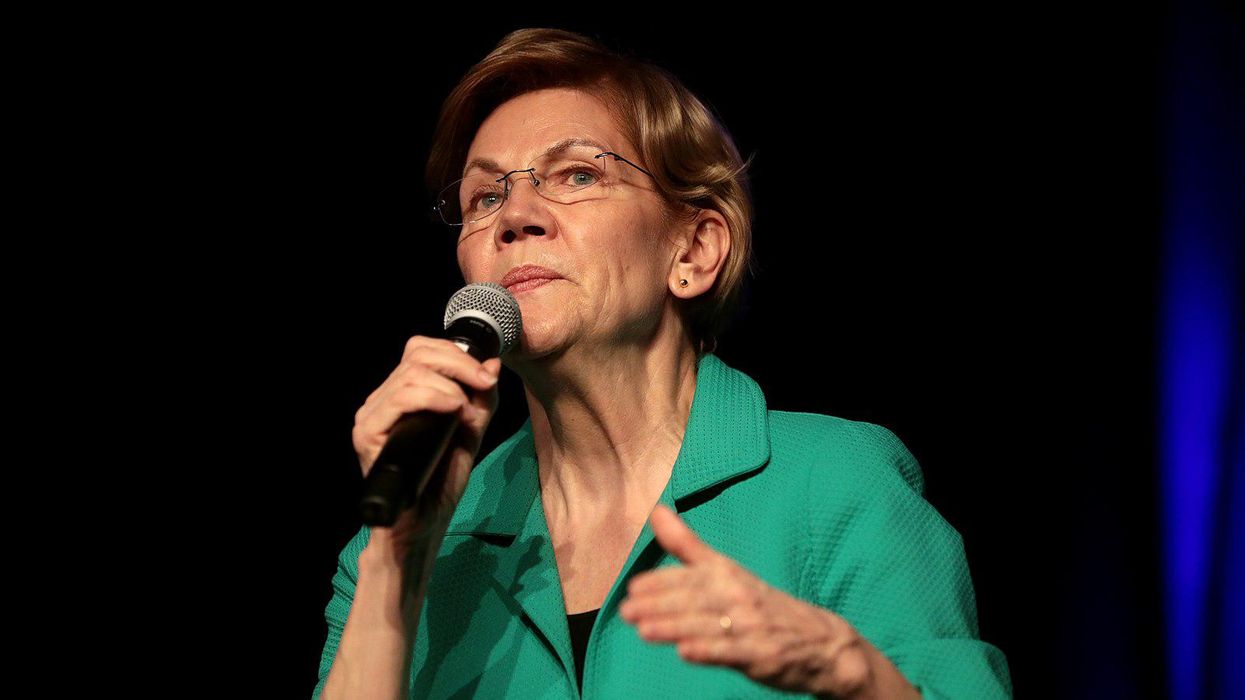Warren And Whitehouse Demand Probe Of Tax Avoidance By Ultra-Wealthy
Reprinted with permission from ProPublica
Two prominent members of the Senate Finance Committee are calling for an investigation into tax avoidance by the ultrawealthy, citing ProPublica's "Secret IRS Files" series.
In a letter sent today, Elizabeth Warren (D-MA.) and Sheldon Whitehouse (D-RI) wrote to the committee's chairman, Ron Wyden (D-OR), that the "bombshell" and "deeply troubling" report requires an investigation into "how the nation's wealthiest individuals are using a series of legal tax loopholes to avoid paying their fair share of income taxes." The senators also requested that the Senate hold hearings and develop legislation to address the loopholes' "impact on the nation's finances and ability to pay for investments in infrastructure, health care, the economy, and the environment."
Last month ProPublica began publishing a series of stories about tax avoidance among the ultra-wealthy, based on a vast trove of tax data concerning thousands of the wealthiest American taxpayers and covering more than 15 years. ProPublica conducted an unprecedented analysis that compared the ultra-wealthy's taxes to the growth in their fortunes, calculating that the 25 richest Americans pay a "true tax rate" of just 3.4 percent.
The wealthy pay so little in taxes primarily because they keep their incomes low, the article explained, often borrowing against their fortunes to fund their lifestyles. Amazon's Jeff Bezos, Tesla's Elon Musk, Bloomberg L.P.'s Michael Bloomberg and other billionaires have each paid no federal income taxes in one or more recent years. The tax avoidance techniques described in "The Secret IRS Files: Trove of Never-Before-Seen Records Reveal How the Wealthiest Avoid Taxes" are legal, and routine among the ultrawealthy.
In a subsequent article, ProPublica highlighted how some rich people, such as Peter Thiel, have been able to use Roth individual retirement accounts, intended as vehicles to bolster middle-class savings, to create vast untaxed fortunes. A third article showed how billionaires use a provision in the tax code to reduce their taxes after buying sports teams.
Banks and financial institutions are lending more to the rich than ever, according to a story in The Wall Street Journal last week. The senators called for an investigation of banks and wealth management firms to understand the techniques, strategies and products offered to the wealthy that enable them to avoid paying taxes. Morgan Stanley's wealth management clients have $68 billion worth of loans backed by securities and other investments, more than double the amount they had five years ago, and Bank of America has loans worth over $62 billion, the Journal reported.
In March, Warren introduced a bill, co-sponsored by Whitehouse, that would create a tax on the wealth of the richest Americans. Most Republicans and some Democrats oppose such a measure.
Update, July 14, 2021: In a statement, Wyden said that he agreed with the points raised by Warren and Whitehouse. "The country's wealthiest — who profited immensely during the pandemic — have not been paying their fair share," he said. "I've been working on a proposal to fix this broken system since 2019 and continue to work to get the bill ready for release. I'm also going to work with my colleagues on other ways the committee can tackle this issue."


